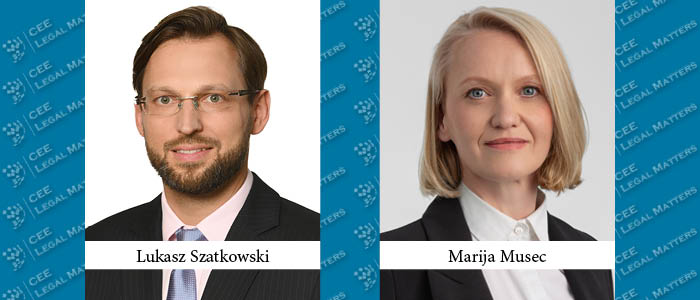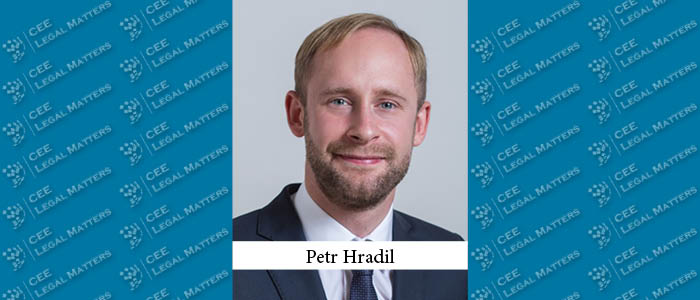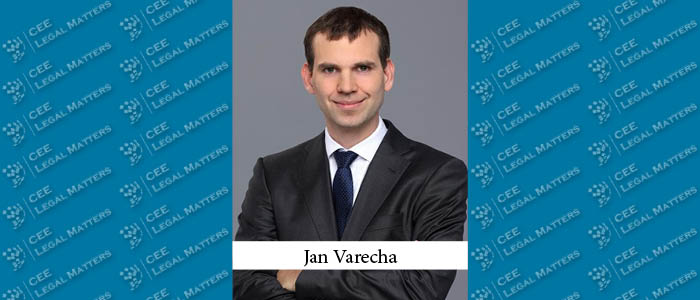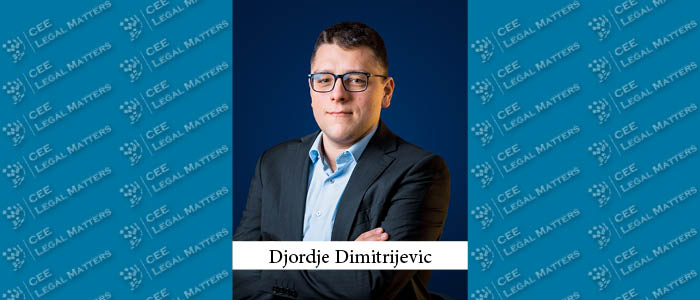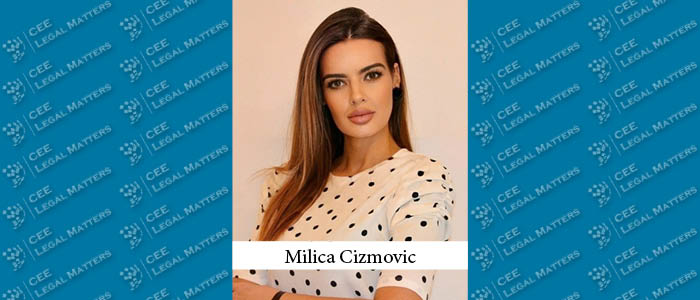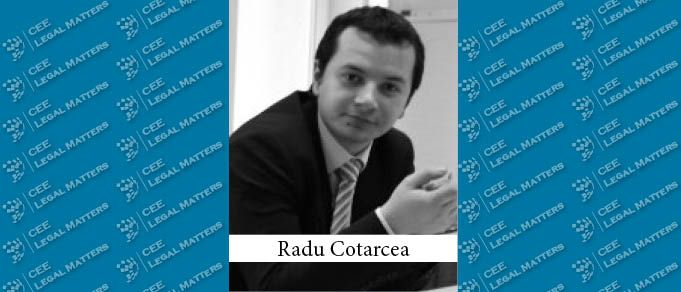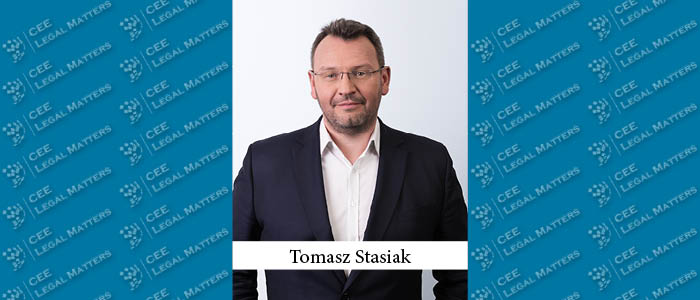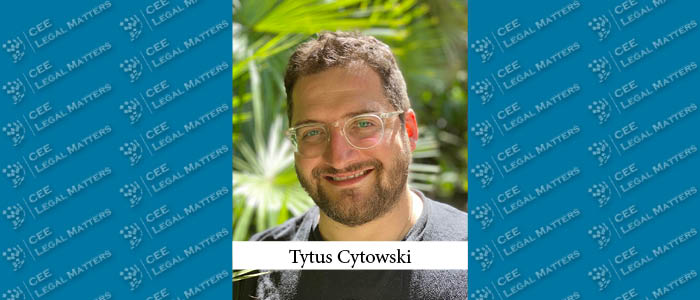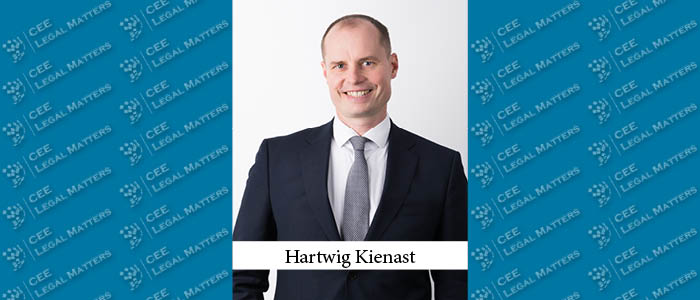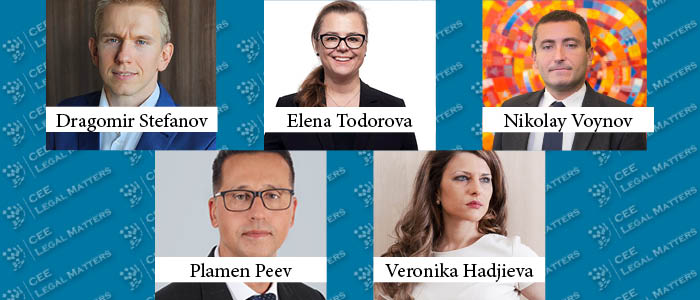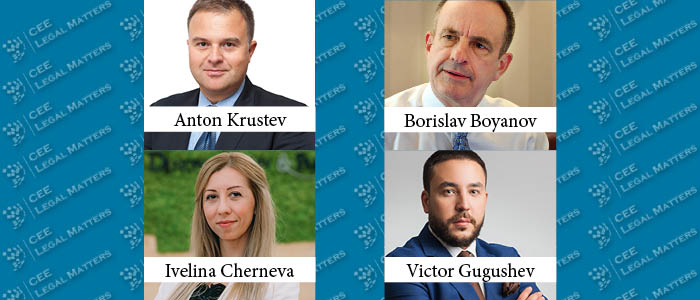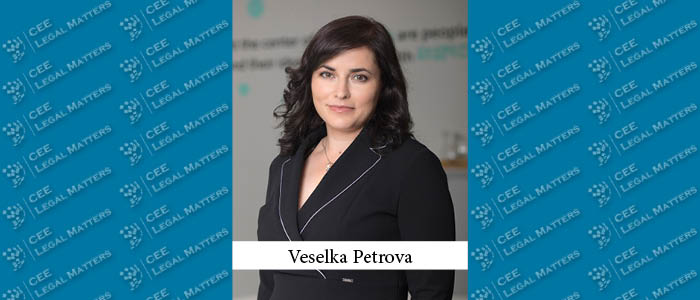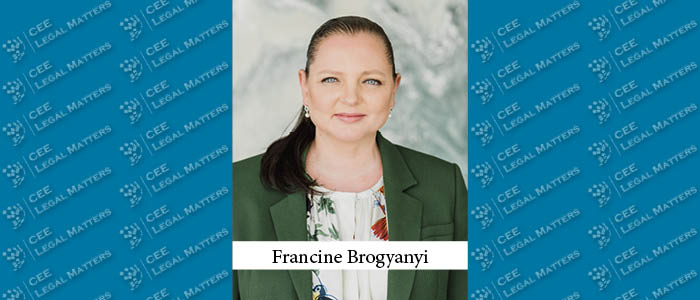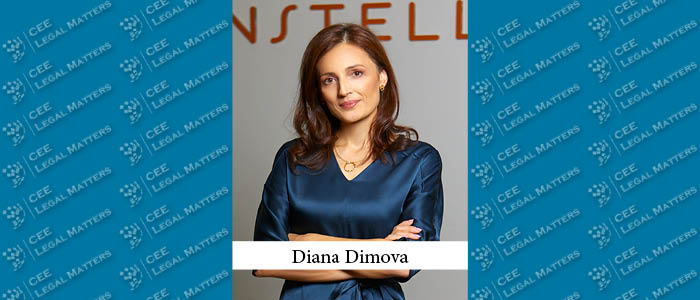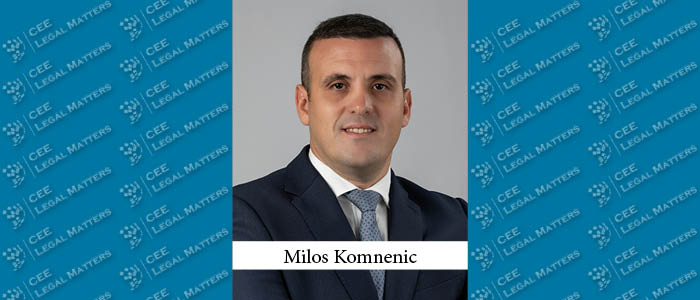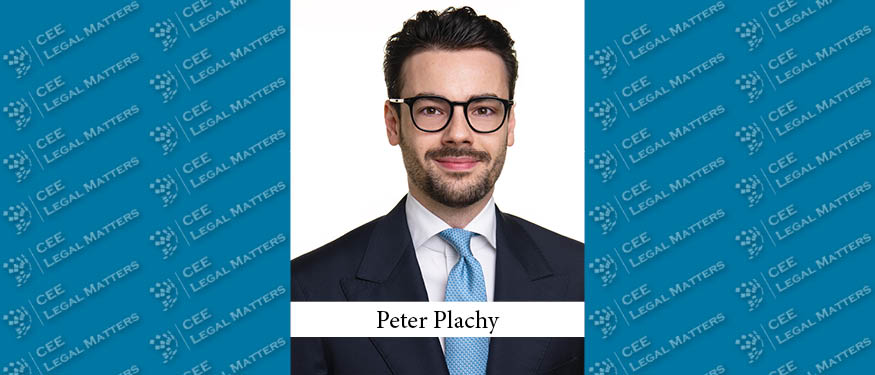CMS Croatia Partner Marija Musec and CMS Poland Partner Lukasz Szatkowski discuss electricity storage regulatory developments and the unique challenges faced by stakeholders in the CEE energy market.
Current Issues Relating to Whistleblowing in the Czech Republic
It has been more than half a year since the Czech Republic transposed the EU Whistleblowing Directive by introducing the Czech Whistleblower Protection Act (Act), effective as of August 1, 2023.
Cybersecurity – New Challenge for Czech Businesses?
Similarly to other countries, the Czech Republic is undergoing a digital transformation. Without a doubt, this transformation allows businesses to facilitate their operations and makes all of our lives much easier. On the other hand, this transformation leads to new cybersecurity threats that may hinder businesses and cause significant losses.
What to Expect in Czech M&A in 2024
The Czech economy entered a deep slump in 2023 caused by the rather rare and unfortunate combination of negative economic and geopolitical factors, including one of the highest inflation rates in the EU, rising interest rates, high energy prices, a large public finance deficit, and the adverse impacts of the war in Ukraine. Altogether, these economic difficulties resulted not just in an economic recession but also adversely affected the Czech M&A market.
Mortgage Extension to Subsequently-Built Objects in Bosnia and Herzegovina
While local courts have been taking the stance that mortgage over the land does not extend to objects subsequently built on the mortgaged land, in one recent case, the Supreme Court of Republika Srpska (RS Supreme Court) took an entirely opposite one. Applicable laws support the stance of the RS Supreme Court. Clear treatment of this issue by the courts is important for both mortgage creditors and buyers of subsequently-built objects.
Challenges of Intellectual Property Rights in Bosnia and Herzegovina
Respecting intellectual property rights (IPR) in Bosnia and Herzegovina is a journey less traveled, yet one of paramount importance in today’s digital age. In a world where information knows no bounds and creative works are easily shared with a click, the value of safeguarding original ideas and innovations often takes a back seat. Let’s dive into this exploration of the complexities surrounding intellectual property in a landscape where imitation frequently overshadows ingenuity. The lack of awareness and enforcement mechanisms regarding IPR poses significant challenges for creators and innovators striving to protect their work. Without proper safeguards in place, the risk of exploitation and unauthorized use looms large, hindering the growth of a dynamic and inventive environment within the nation. Additionally, as technology continues to advance at a rapid pace, navigating the intricate web of intellectual property laws becomes increasingly daunting for individuals and businesses alike.
Editorial: The One with the Starbucks Cup
No, this is not a story about some barista somewhere diligently misspelling my name (with my name, I gave up a long time on hoping for accuracy there). It’s about an actual Starbucks cup that was casually dropped and left on the ground in front of my apartment building a little while back.
Guest Editorial: Strength Through Unity – Addressing CEE Real Estate Challenges
In the nineties, young lawyers like me often felt annoyed by partners traveling thousands of kilometers to “new Europe” to explain to us basic concepts of real estate – back then it was a sign of a cultural gap between the leaders of globalization.
Keep Your Guard Up: Transforming European Defense Sectors
Across Europe, defense sectors are experiencing significant transformations and budgetary escalations, driven by a need for enhanced military readiness and modernization. Avellum Partner Andriy Romanchuk, Cobalt Partner Deividas Soloveicik, Nagy es Trocsanyi Partner Gyorgy Kiszely, and Tuca Zbarcea & Asociatii Partner Serban Paslaru take a closer look at defense spending in their respective countries.
Looking In: Tytus Cytowski of Cytowski & Partners
In our Looking In series, we talk to Partners from outside CEE who are keeping an eye on the region (and often pop up in our deal ticker) to learn how they perceive CEE markets and their evolution. For this issue, we sat down with Cytowski & Partners Managing Partner Tytus Cytowski.
Legal Tech Hub Europe: Six Years In
With legal services in a constant state of technology-driven evolution, Austria-based Legal Tech Hub Europe is trying to revolutionize the legal industry by fostering innovation and embracing the digital future. Partners from Dorda, E+H, Herbst Kinsky, and Schoenherr – four of the five firms spearheading the hub – talk about the initial set-up of the LTHE and its milestones over the last six years.
Austria’s Start-Up Promotion Act: Paradigm Shift for Start-Ups and Employee Ownership
The Austrian government has recently enacted the Start-Up Promotion Act to nurture its start-up ecosystem and enhance employee participation in corporate growth. Wolf Theiss Partner Hartwig Kienast analyses how this legislation integrates with Austria’s existing legal framework and its implications for start-ups, employees, and the broader economic landscape.
Bulgaria Steps Out of a Legislative Backlog
In September 2022, CEE Legal Matters reported on Bulgaria’s outstanding legislative packages caused by three parliamentary elections being held in the span of eight months. Nearly two years later, Hristov & Partners Partner Dragomir Stefanov, Kambourov & Partners Partner Veronika Hadjieva, Penkov, Markov & Partners Associated Partner Nikolay Voynov, Peterka & Partners Partner Plamen Peev, and Schoenherr Bulgaria Co-Head of Real Estate Elena Todorova discuss the progress made after the extended legislative hiatus.
Bulgaria’s Schengen Path
After years of preparation, Bulgaria’s integration into the Schengen area marks a significant moment, with the lifting of border controls at air and sea entry points as of March 2024. Boyanov & Co Managing Partner Borislav Boyanov, Dinova Rusev & Partners Managing Partner Ivelina Cherneva, Djingov, Gouginski, Kyutchukov & Velichkov Partner Anton Krustev, and Gugushev & Partners Senior Partner Victor Gugushev discuss Bulgaria’s pursuit of Schengen integration.
Inside Insight: Interview with Veselka Petrova of Yazaki
From her beginnings as an M&A attorney in Bulgaria to her current role as Regional Compliance Manager for Eastern Europe at Yazaki, Veselka Petrova’s career has been a testament to the power of blending legal expertise with strategic business insight.
Know Your Lawyer: Francine Brogyanyi of Dorda
An in-depth look at Francine Brogyanyi of Dorda covering her career path, education, and top projects as a lawyer as well as a few insights about her as a manager at work and as a person outside the office.
Know Your Lawyer: Diana Dimova of Kinstellar
An in-depth look at Diana Dimova of Kinstellar covering her career path, education, and top projects as a lawyer as well as a few insights about her as a manager at work and as a person outside the office.
Montenegro: Legal Insights into Investing in the Hotel Industry
In the last decade, Montenegro has focused on creating a favorable business environment, attracting renowned foreign investors and resulting in significant economic development and growth. The government has been focusing on high-level tourism, transitioning from seasonal to year-round hotels that offer luxurious stays and services.

